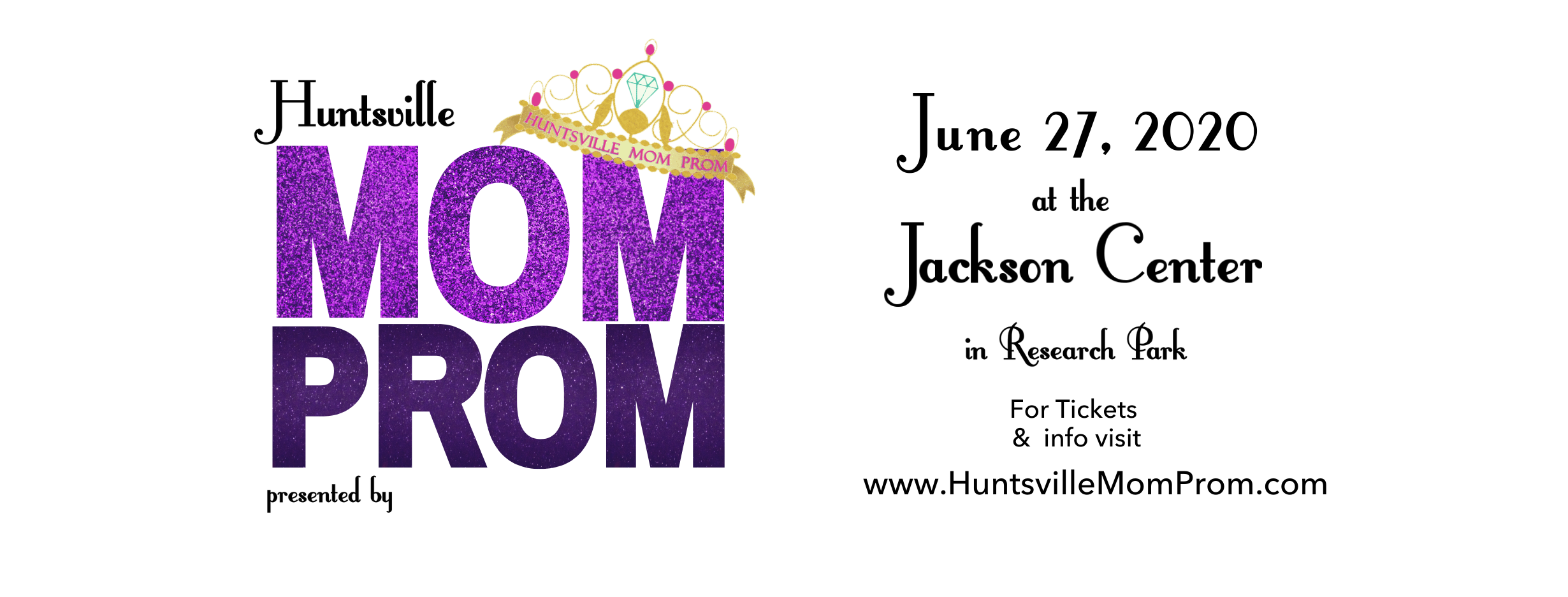Contract Law Agreements Without Prejudice: Everything You Need to Know
The legal world can be a complicated place, especially when it comes to contracts. It`s important to understand all the nuances of contract law to ensure that you are protected and that your agreements are legally binding. One particular term that can cause confusion is “without prejudice.” In this article, we`ll explore what this term means, how it affects contracts, and why it`s crucial to understand it.
What Is a Contract Law Agreement Without Prejudice?
In legal terms, “without prejudice” is a phrase that indicates that any statements made during negotiations cannot be used as evidence in court. This means that neither party can reference these discussions or statements in court proceedings if a settlement agreement is not reached.
The “without prejudice” term serves as a protective measure for parties to a negotiation. It allows them to speak candidly and negotiate terms without fear of their statements being used against them in later legal proceedings. Essentially, it`s a legal way to keep conversations confidential and ensure that negotiations remain fair and unbiased.
How Does a Contract Law Agreement Without Prejudice Affect Contracts?
When you`re negotiating a contract, you`ll likely want to keep discussions confidential to ensure that you have a fair negotiation process. The “without prejudice” term can be used to protect your discussions and prevent any statements made during negotiations from being used against you in court.
However, it`s important to note that the “without prejudice” term only applies if a settlement agreement is not reached. If you do reach an agreement, then the “without prejudice” term is no longer applicable. This is because the agreement becomes a legally binding contract, and all discussions leading up to it become admissible in court, should a dispute arise.
Why Is It Crucial to Understand the “Without Prejudice” Term?
Understanding the “without prejudice” term is crucial because it can affect the outcome of your contract negotiations. Without this term, any statements made during negotiations could be used as evidence in court, making it difficult to reach a fair settlement agreement. By using the “without prejudice” term, you can ensure that your negotiations are confidential and protected, allowing you to reach a fair and unbiased agreement.
Furthermore, if you are involved in a legal dispute, understanding the “without prejudice” term can help you determine what evidence is admissible in court. If a settlement agreement was not reached during negotiations, then any statements made during that time cannot be used as evidence, making it crucial to understand what types of evidence are admissible in court.
Final Thoughts
In summary, the “without prejudice” term is a legal phrase that can protect your negotiations during the contract negotiation process. It allows parties to speak candidly and ensure that discussions remain confidential and unbiased. If you`re involved in contract negotiations, it`s crucial to understand this term and how it can affect your negotiations and any legal proceedings that may arise. By understanding the “without prejudice” term, you can ensure that your negotiations are fair and that your agreements are legally binding.

